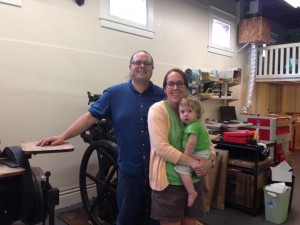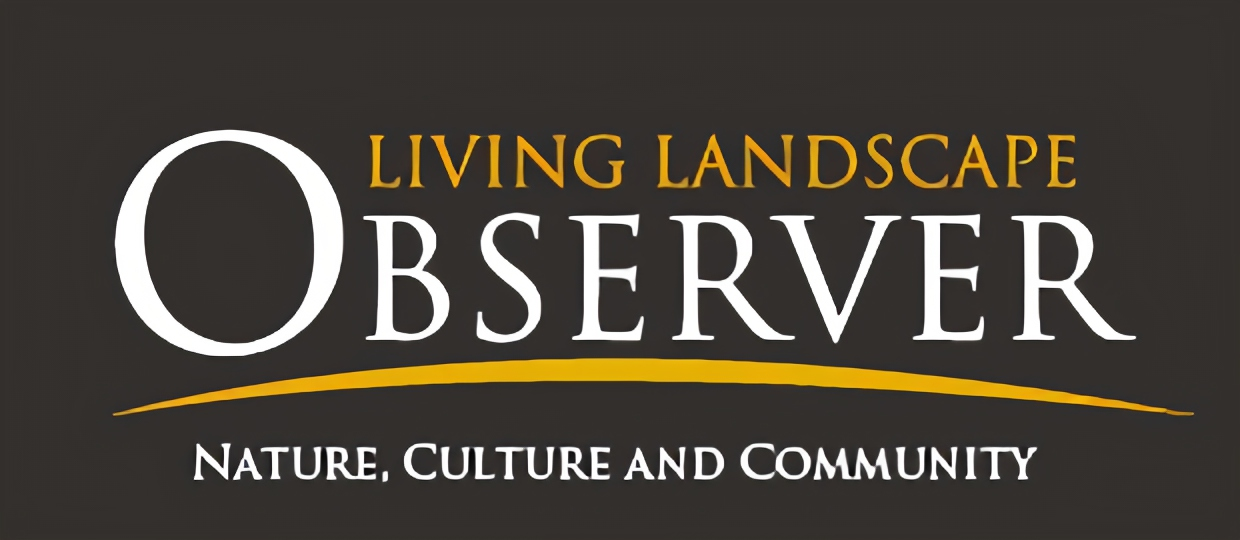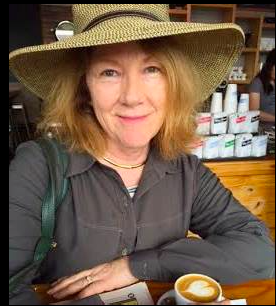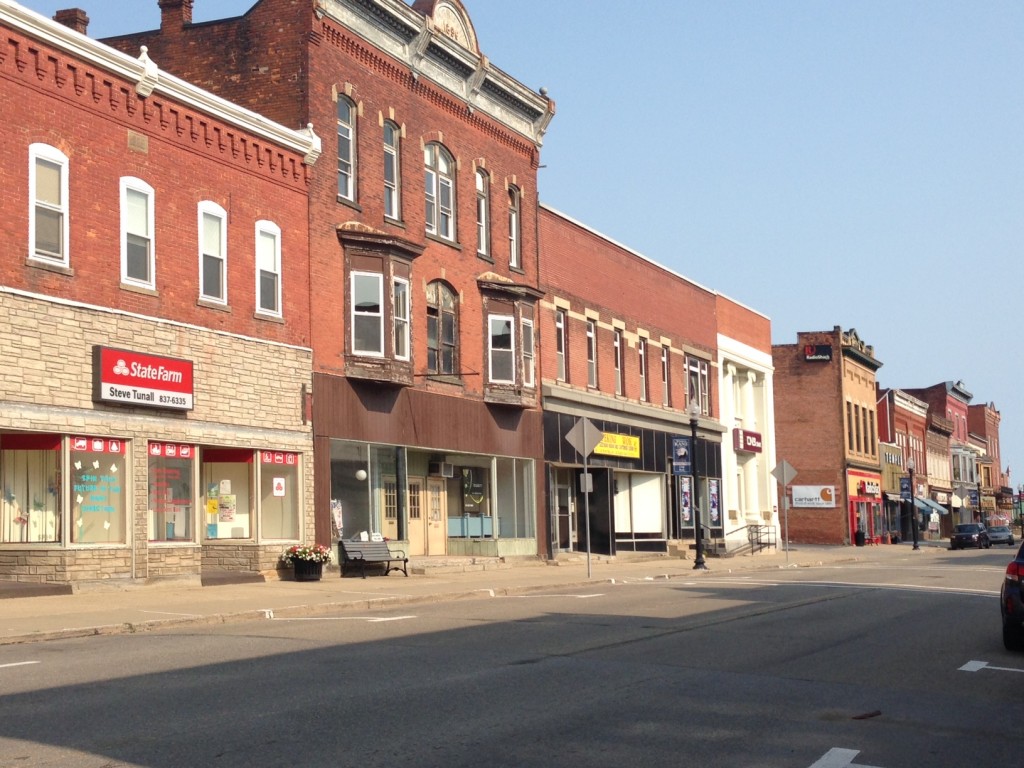There is a lot of talk about how the creative economy – sometimes synonymous with the young, hip and artisanal – is helping to revitalize urban centers. Brooklyn is of course ground zero, but it is happening in large and small cities across the nation. The historic preservation community has certainly made the link. An upcoming symposium in New York City The Accidental Preservationist: Artists, Artisans, Outliers & the Future of Historic Preservation – sponsored by the James Marston Fitch Charitable Foundation on the occasion of its 25th anniversary – will be exploring the influence of non-traditional practitioners of historic preservation on architectural revitalization of cities.
But what about our rural landscapes? Can these ideas catch fire and help revitalize struggling communities far away from big city hipness and density?

Joe and Andrea Lanich, who just opened their letterpress shop, may be on the leading edge of this trend for rural America. An engineer and architect, by training, they began their business, Laughing Owl Press, as a hobby in their garage. Needing more space for expanding production and the large Chandler & Price presses that Joe has adopted and reconditioned, they relocated to the main street of Kane, Pennsylvania. This small borough in the Northwest corner of the state is surrounded on three sides by the Allegheny National Forest. It was once known as the Black Cherry Capital of the World (as in trees not soda). The town’s economy had been based on timbering and manufacturing, but for decades Kane and the surrounding region have struggled. External forces like globalization have caused a decrease in jobs followed by high unemployment rates and population loss with the sharpest decline in the numbers of younger, working-age residents.
To counteract some of the regions economic problems, Pennsylvania’s state governments launched the PA Wilds in 2003. The initiative was centered on a rural 12 county region that includes Kane and is known for its heritage of public lands and small historic communities. The region had 2 million acres of protected land including 29 state parks, 8 state forests, and the Allegheny National Forest. The PA Wilds strategy included a new brand name, promotional campaigns, a major investment in public recreational facilities, and a stated commitment to do so in a way that valued the stewardship of natural resources. It is considered one of the most ambitious of the emerging conservation landscape initiatives in the United States.

Initially the PA Wilds focused on outdoor tourism. After all the region’s parks and forests add up to one of the largest block of public land on the east coast equivalent in size to Yellowstone National Park. The concept was to expand the recreational amenities on these lands, which will increase visitation and lead to economic revitalization. However, community redevelopment especially on a landscape scale is more complex than just heads in beds. And that is why the work of Ta Brant is so important. As the executive director of the PA Wilds Center for Entrepreneurship, her job is to diversify the regional economy by building on local products and industries. For example, the PA Wild Artisan Trail helps marry the PA Wilds brand with the locally made movement. The program markets juried handcrafted items made in the PA Wilds, provides an online presence, and links artisans with sales outlets in the region. The program has expanded from artists and craftsmen to include craft winemakers and distillers. Brant sees local food products as an exciting future branding opportunity.
Creating this more complex local economy is critical to the future of small towns like Kane. The customer base for Joe and Andrea Lanich’s print shop come from around the world. But it is the people and potential of the community that attracted the couple to the town’s Main Street – a welcoming chamber of commerce, the Kane Historic Preservation Society, who sponsor an art galley and events in the historic train depot and other new creative economy businesses in Kane, for example the just launched distillery C& J Spirits.
The PA Wilds is hoping to build a network using culture and nature to create sustainable communities in the forest.



